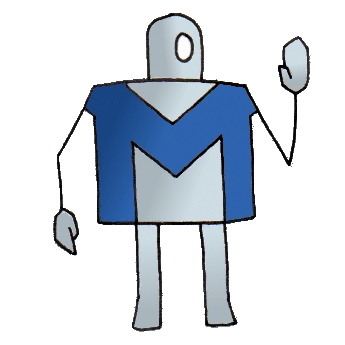On the 15th of April 1984 I watched Tommy Cooper die on live television. The sixty-three year old comic, whose health had been deteriorating after decades of heavy drinking, suffered a heart attack and collapsed on stage in the middle of a performance. The audience, already splitting their sides, were sent into hysterics at what they supposed to be a prat-fall, so that his last seconds of life were carried away on a roaring wave of laughter.
At the time I thought that was a fantastic and appropriate send off for a such a beloved comic, although the truth, of course, is more ragged and less satisfying. In the darkness, behind the curtain, frantic efforts were made by friends and crew to revive him whilst, on stage, Les Dennis and Dustin Gee were forced to try and carry on the show until the next ad break. The incident was covered on the evening news but, although pronounced dead on arrival at the hospital, confirmation of his death wasn't released until the next morning.
It's still the only death I have ever seen. I'm not acquainted with the shock of death, barely cognisant of grief at all. The people I've known who have died have all been elderly and ill. I've held tight to the certainty that it has been right and good that they have died, and to the hope that medical science has been able to make their passing as comfortable as possible.
Elisabeth Sladen died yesterday. I saw the news on Twitter and instantly rejected it. Some fool had got it wrong and would be utterly humiliated for saying it out loud. I unfollowed, disgusted. But then it came up again, from a more reputable account. Still I refused to accept it, remembering what had happened with Gabrielle Giffords: pronounced shot dead online and now walking and talking in a Houston hospital. I checked the BBC, who had nothing. Googled her. Still no corroboration. I spent thirty minutes hitting refresh on five different websites, willing the incomprehensible news to be untrue. But gradually reality hardened, hypothesis solidified into irrevocable certainty.
I'm sure some of you won't know it, but Lis Sladen was an actor. I never met her, but she had been marvelling me, making me laugh and, above all, scaring me my entire waking life. She played the character Sarah Jane Smith in the television show Doctor Who, originally from 1974 to 76 and then returning frequently thereafter, until she got her own spin-off show in 2007. To say that she was universally loved and admired would be an understatement. The press have resorted to the cliché that she was 'the best Dr Who girl', but it's such a belittling description of her contribution to the show. Sarah Jane was never a screaming bimbo. In an age of bubble-wrap aliens and cardboard sets she sold the reality of the drama. More than any other actor, Sladen was always utterly convincing; threats that should have been laughable became terrifying. At a time when being a Doctor Who fan meant ridicule, she earned the eternal gratitude and devotion of a generation by taking it seriously.
The awful shock is that nobody knew she was ill. Her new show, The Sarah Jane Adventures, is still in production, part way through the fifth season. Coincidentally, like Cooper, she was also sixty-three, but you don't need me to tell you that it is not the age it was in 1984. Her character had always possessed an indomitable youthfulness that hadn't diminished as she got older and it seemed impossible that she wouldn't go on making TV for years yet.
By all accounts Lis Sladen was a delightful person, very private, modest, with a wicked Scouse sense of humour and a profound yet unpretentious dedication to her acting. Left only with what she achieved on screen I can only say that I am utterly bereft that she has gone. Her death comes just as fans around the world were excitedly awaiting the new series of Doctor Who on Saturday. Just like the Doctor himself, the show continues, endlessly regenerating whilst its mere human contributors grow old and die. It is a miserable loss.
For nearly forty years Sarah Jane has been a powerful and positive female character for what was primarily an audience of young boys. How wonderful that my own sons have been able to watch her in action, that they should get to watch such brilliant television - an adventure series where the alien-fighting hero is a single mother in her sixties. Not for nothing is Doctor Who the best television in the world and a great deal of that is because of Elisabeth Sladen.
